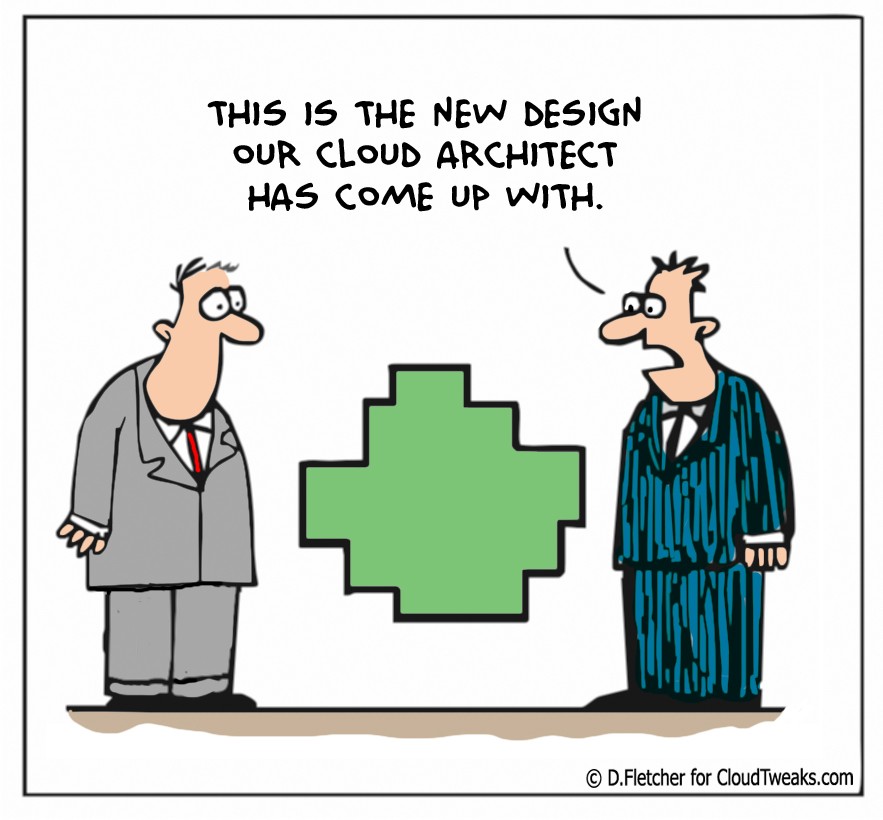When the word “blockchain” comes up in a conversation, many people will associate it with Bitcoin and cryptocurrencies. Although the connection is absolutely accurate, the use of blockchain doesn’t stop at cryptocurrencies.
Blockchain has found its way into various industries ranging from video games and digital art to real-world applications in healthcare and governmental structures. Over 86% of people surveyed by Deloitte believe that the blockchain will improve business processes.
Since there are some similarities in the concepts, people often believe that blockchain and cloud computing are the same. They are very different from each other, yet when they are combined, they can give us exciting innovations.
Blockchain explained
Blockchain is simply a digital ledger that records all transactions. This ledger is distributed across many different computer systems and can only be updated by the majority’s consensus, making it very resistant to tampering.
Blockchain technology can significantly benefit cloud computing by improving the security and privacy of cloud storage. Since blockchain allows for recording all transactions transparently on millions of computers worldwide, it is considered highly secure.
This can lead to fewer data breaches and improved cloud-based backup solutions for businesses and individuals. Some cloud computing applications utilize blockchain technology, such as cloud-based cryptocurrency wallets and cloud services, for decentralizing cloud computing networks.
Cloud computing explained

In cloud computing, cloud storage refers to storing data on remote servers rather than locally on your hard drive. Cloud services are also offered through internet-based platforms such as software as a service (SaaS), enabling clients such as businesses, schools, and governments to store files in the cloud and access them over any device with an internet connection.
Imagine a situation in which you want to store the data of thousands of individuals. Depending on your company’s field, you wish to store specific data. Businesses might want to store the purchase history of a customer, healthcare companies would want to keep the previous conditions of the patient, and a variety of other cases.
This amount of this data would require you to commit a whole room for the sake of putting servers there and saving the data. This practice would be expensive, impractical, and would have other shortcomings. Additional expenses in terms of electricity and the increased security requirements will put a serious strain on your budget.
Cloud computing solves the impracticality of servers at your company by implementing a remote solution. It costs less and allows users at a global scale to access the data that they want.
While cloud computing has many benefits, such as increased data accessibility, it can also be vulnerable to hackers. Vulnerabilities come from the fact that the cloud data is stored on remote servers to which the users don’t have access.
Types of cloud computing
There are three different ways of the deployment of cloud computing, each having its advantages and disadvantages. Depending on your specific situation, you can decide on the option that suits you the best.
Public Cloud
Public cloud services are managed by a third-party provider and are typically used for cloud storage, cloud computing, cloud-based applications, and more. There are many public cloud choices, but with more than 70% of companies using Microsoft Azure, it makes it the most common option in the market.
Private Cloud
On the other hand, private cloud services are hosted exclusively on the customer’s network, allowing greater control over data security and privacy. This is the type of cloud that you would want for business that manipulate with more sensitive data.
Hybrid Cloud
Hybrid cloud solutions leverage the best of both public and private cloud platforms to provide businesses with more flexibility in terms of deployment options.
Differences between blockchain and cloud computing
The key difference between cloud computing and blockchain is that cloud computing relies solely on centralized servers, while blockchain utilizes a decentralized network.
Another significant distinction between the two technologies is that cloud computing focuses on storing and accessing data, while blockchain facilitates digital transactions. In other words, cloud computing focuses more on transmitting information, whereas blockchain emphasizes the exchange of value.
Despite these differences, there are several ways in which cloud computing can benefit from integrating with blockchain technology.
Some examples include enhanced cybersecurity measures to prevent data breaches and improved cloud backup solutions for businesses and organizations.
Blockchain by itself doesn’t offer any services as it is a ledger. But the cloud has been utilized in online services in various ways. Cloud-based online services include:
- Platform as a Service (PaaS),
- Software as a Service (SaaS)
- Infrastructure as a Service(IaaS)
Additionally, cloud services could be decentralized using blockchain technology to create new opportunities in cloud storage and computation. The combination of cloud computing and blockchain has the potential to transform many different industries and lead to exciting innovations.
Benefits of blockchain on cloud computing
There are many benefits to integrating blockchain technology with cloud computing, including the following:
- Increased security and privacy,
- Enhanced cloud backup solutions,
- New opportunities for cloud services.
One of the most significant advantages of blockchain on cloud computing is improved security. Since all transactions are recorded transparently in a distributed ledger, there is less risk of data breaches or other cyber attacks. This makes cloud storage more secure than ever and can help businesses protect their valuable data.
Another benefit of blockchain on cloud computing is enhanced cloud backup solutions. By utilizing advanced encryption technologies, such as zero-knowledge proofs, blockchain significantly improves cloud backup capabilities by preventing unauthorized access to user data without compromising its integrity.
Finally, blockchain can open up new opportunities for cloud services. By decentralizing cloud networks and enabling greater data sharing, blockchain has the power to facilitate a variety of different cloud-based applications, including cloud storage, cloud computation, cloud-based cryptocurrencies, and much more.
Industries in which blockchain brings improvements
Many different industries can benefit from integrating blockchain technology with cloud computing, including the following:
Finance
Blockchain has the potential to transform many aspects of finance, from securities trading and asset management to banking and insurance. Everyone has heard about cryptocurrencies and, most importantly, Bitcoin, and one of the primary uses of blockchain is in the field of finance.
Although thousands of cryptocurrencies exist on the internet, the most popular ones that have the highest market caps are Bitcoin, Ethereum, Tether, and BNB. Various platforms enable you to, for example, buy ETH, which you can store on your crypto wallet or trade on multiple exchanges.
Healthcare
In healthcare, blockchain is being used to improve data security and interoperability across providers, payers, patients, researchers, and more. Healthcare organizations can better protect sensitive patient information by using cloud storage solutions on a decentralized network while ensuring greater access to medical records.
Government
Governments worldwide are beginning to explore the potential of blockchain and cloud computing. By adopting blockchain-based cloud services, governments can streamline their operational processes and achieve greater transparency across all departments. Additionally, shifting to a cloud-based cryptocurrency for tax payments could reduce administrative costs and increase efficiency.
Commerce
From supply chain management to logistics and retail, the advantages of blockchain on cloud computing are already being felt in many different industries. By enabling secure data sharing and transparent transactions through decentralized cloud networks, businesses large and small can benefit from streamlined operations that improve efficiency, cut costs, and boost revenue.
Internet of Things and Blockchain
In the world of the Internet of Things, cloud computing and blockchain are a natural fit. IoT devices are becoming both a part of our personal lives and public places. IoT devices can help us upgrade our lifestyles, or they can increase our security at home.
Smart doorbells, cameras, and appliances can possess your personal data, and you need to ensure that they aren’t at risk of getting into the wrong hands. On top of this, this personal data is often saved on the cloud.
As mentioned throughout the article, blockchain offers many benefits in the field of data security. A cloud blockchain service will increase the security of any data that’s stored on it.
Blockchain is a significant addition to cloud computing
Blockchain offers significant benefits. Whether you’re working in finance, healthcare, government, or another industry, integrating blockchain with cloud computing has the potential to transform your enterprise for the better. So if you’re looking to stay ahead of the curve, consider incorporating blockchain into your cloud-based operations.
By Veljko Petrovic

Veljkois is a student of information technology that paired his passion for technology with his writing skills. He enjoys researching topics such as robotics and programming, while he also cultivates his knowledge in philosophy, classical literature, and fitness. Veljko’s favorite writers are Borislav Pekić, Miloš Crnjanski, and Ernest Hemingway.
